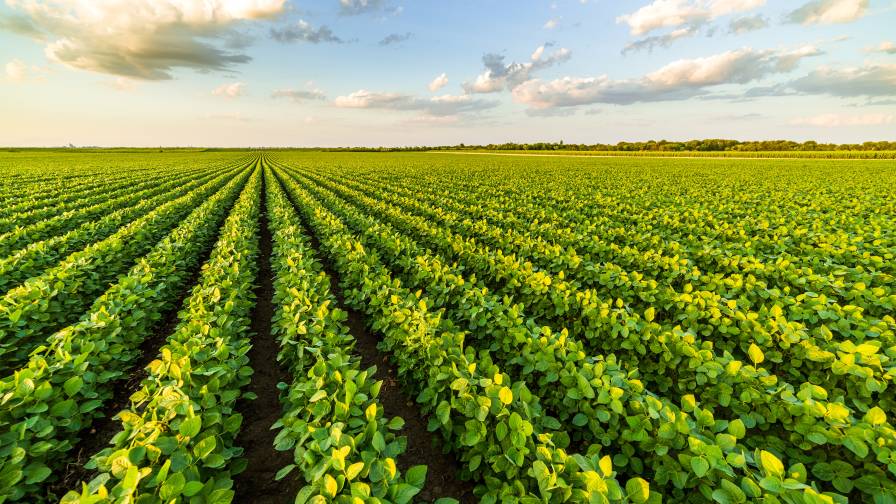Giving Away The Farm
Now that we are a few months into the second decade of the 21st century, I find myself thinking about one nagging question — how long will information be provided for free on the Internet?
Like most of Americans, I love the Internet, with its mostly-free exchange of information at all hours of the day. For an ag journalist interested in late-breaking news and facts about various topics, finding this information online is not only convenient, but invaluable in helping me do my job.
But how long will this universe of data be available for next to nothing? I know most Websites have ads on them, but these are pretty easy to by-pass. Ultimately, I can get the information I want without having to pony up some money to pay for it.
Apparently, I’m not alone in wondering on this point. In a recent Newsweek article, a technology writer put forth his view on the “all free, all the time” Internet model and found it wanting.
“The first two decades of the World Wide Web have been a huge mistake,” said the author. “The Internet is not a philosophy. It’s a distribution mechanism. The laws of physics did not change when the airplane was invented, nor have they changed because the Internet exists. You make money on the Internet the same way you do everywhere else — by having something that people want and forcing them to pay for it. There is a reason a circus takes place inside a tent. They want to charge you to watch the big show.”
Another great quote regarding the totally free nature of the Internet came from someone in the publishing business: “We’ve spent millions trying to convince people to take our stuff online for free.” In most cases, these millions were made in other segments of these companies, which helped support the price of providing free information online. But this can’t go on forever.
How can providers start charging for something that they’ve been giving away for free for so long? This is a scenario that has plagued ag retailers. When trying to coax growers, many outlets have “thrown in” new services for them to try. But once these gain acceptance, trying to charge customers for them has proven nearly impossible to do.
Still, there are some tentative steps toward a pay model. Recently, the New York Times began charging its online viewers a fee to access its articles. It remains to be seen, however, if this will succeed, given how many other sources of news are still available online for visitors to find.
Obviously, Internet information providers can’t keep giving away the farm, so to speak, without turning some kind of profit at it. It’s simple economics — make money on the goods and services you provide or don’t offer them.
What happens if retailers can no longer send or receive information online because all the respected media services have erected paywalls? Then fringe sources will likely be the only free online providers — and that could spell big trouble, particularly for those who make their living in agriculture.






